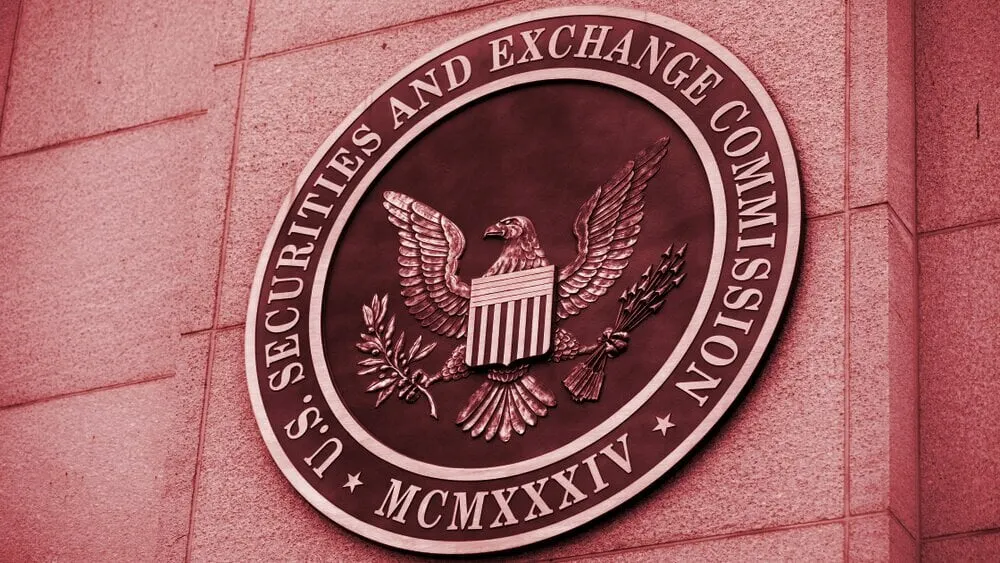SEC Chairman Gary Gensler today said that proof-of-stake cryptocurrencies could be securities, according to a report in the Wall Street Journal.
Gensler said that the native assets of proof-of-stake blockchains, which allow holders to passively earn returns through staking, could pass the Howey test, The Wall Street Journal reported Thursday. There are many such assets currently on the market, including Cardano, Solana, and as of today, Ethereum—the second-largest cryptocurrency by market cap.
The Howey test determines whether an asset qualifies as an “investment contract” and therefore subject to federal security laws.
Under the test, an asset is considered an “investment contract” if investors pledge their money to fund an enterprise with the intention of making profits from its efforts. Gensler claimed that proof-of-stake cryptocurrencies could pass that test.
“That’s another indicia that under the Howey test, the investing public is anticipating profits based on the efforts of others,” the WSJ reported him saying.
Ethereum today moved from being a proof-of-work currency to a proof-of-stake one.
Proof-of-stake blockchains work by having network participants “stake” their coins—that is, essentially lock up their crypto to process transactions and keep the network secure.
It is different to proof-of-work cryptocurrencies, like Bitcoin, currently the top cryptocurrency by market cap, which use the highly energy-intensive process of mining.
If what Gensler is saying is correct, Ethereum’s historical move would mean that the asset could now potentially be labeled an “investment contract,” and therefore subject to securities laws. Gensler has previously refused to comment on Ethereum specifically but has said he believes Bitcoin is not a security. The SEC chairman did not specifically mention Ethereum, or any other coin, when commenting on staking and proof-of-stake coins, according to the Wall Street Journal.
Crypto policy non-profit Coin Center said in a Thursday blog post that Ethereum’s move to proof of stake shouldn’t change how it’s regulated. While Gensler has refused to comment on Ethereum, his predecessors under the previous administration had signaled that the SEC did not believe Ethereum was a security.
“Central to classification as a security is ongoing reliance for profits derived primarily from the efforts of others,” Coin Center said in its blog post today.
“Both consensus mechanisms [proof-of-work and proof-of-stake] are explicitly designed to avoid any such reliance by creating an open competition amongst strangers wherein any self interested participant can and will fill the gap left by any other unresponsive, corrupt, or censorious participant,” the policy group said.
Earlier today at an oversight hearing of the agency by the Senate Banking Committee, Gensler reiterated that he thought most cryptocurrencies were securities.

